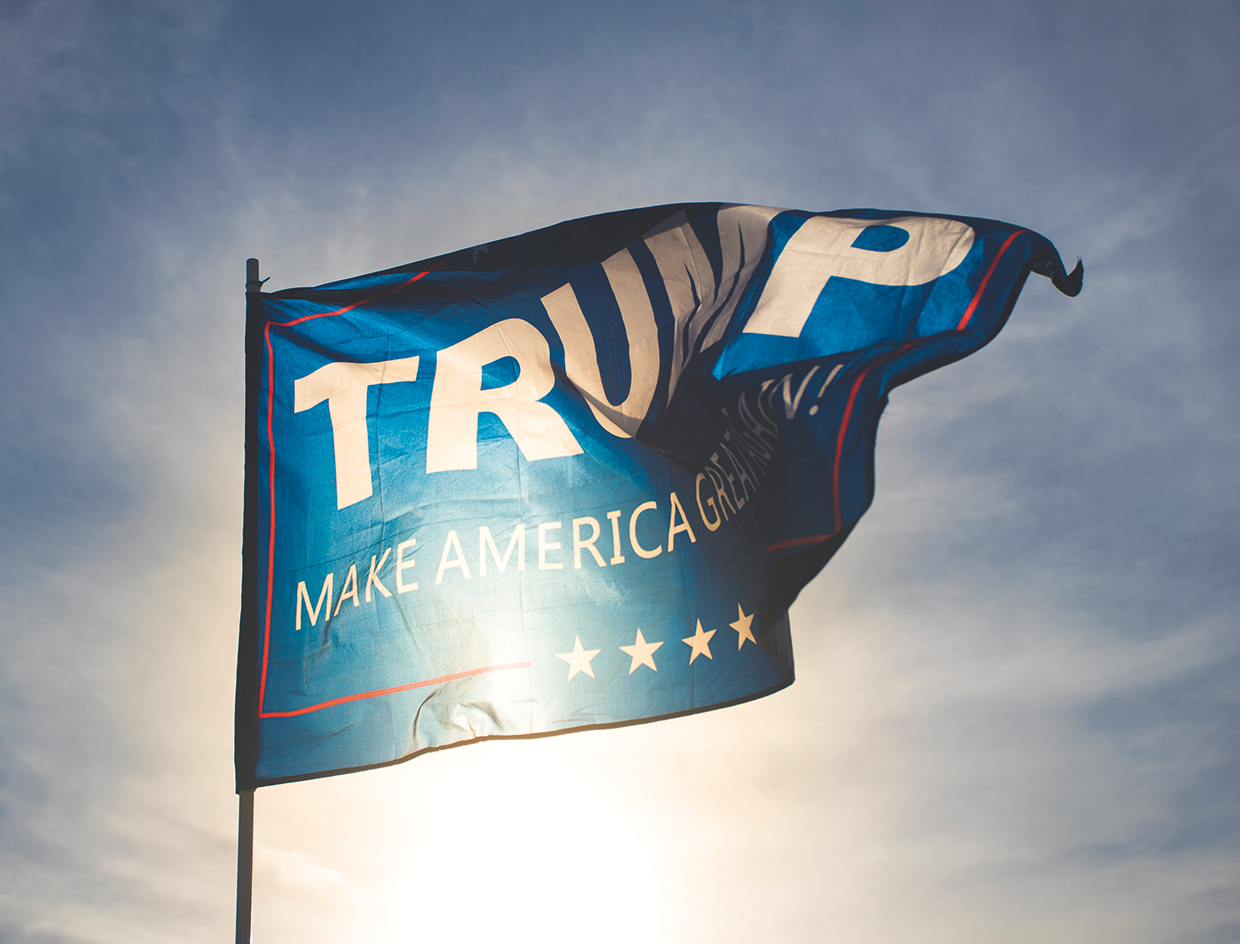US President Donald Trump’s ad hoc interference is putting the renegotiation of the North American Free Trade Area (Nafta) at stake.
Trump’s rhetoric, often issued on social media, could prove harmful to the recently reopened talks, with experts saying that negotiating partners from Canada and Mexico are not impressed with his disruptive tactics.
“After so much time, little surprises me anymore about what this president says or does. But his constant threats certainly don’t inspire confidence on the part of our negotiating partners. I think Mexico and Canada know by now to discount much of what the president says as largely empty rhetoric, but the fact remains he does have the authority to withdraw from the negotiations and, potentially the agreement. So he can’t be fully discounted,” says Michael Camuñez, CEO of consulting firm Monarch Global Strategies and former lead trade policy official at the US department of commerce during the first term of the Obama administration.
The second round of renegotiations are set to take place in Mexico in the week of September 1, with Trump having formerly triggered the renegotiation process in May. After the completion of the first round earlier in August, he again threatened to withdraw from Nafta completely, which is in keeping with promises he made on his electoral campaign.
Furthermore, his interventions could damage the quality of any renegotiated deal, Camuñez says: “If President Trump undermines his negotiating team by insisting on provisions that favour only the US, which include measures related to managed trade, quotas, and overly aggressive rules of origin, then it is not inconceivable that negotiations will fail,” he tells GTR.
Renegotiating Nafta is a complex business. Despite some areas of manufacturing blaming the 23-year-old deal and other elements of the globalised trading environment for hollowing out industry, there are extremely loud and supportive voices in the agricultural and automotive sectors, which rely on the open markets for export and co-production.
Most of the manufacturing sectors which have strong co-production linkages could be at risk, including automotives, but extending to electronics, medical devices, aerospace and consumer durables. Meanwhile, Mexico is a top export market for many agricultural products in the largest US states.
Mahmoud Islam, a Euler Hermes economist based in Hong Kong, says there’s a danger of misunderstanding the perceived negative effects of Nafta on the US economy.
“Economies and companies don’t work the same way. People tend to equate the net trade of the US with the performance of companies. If you have a net deficit, that doesn’t mean US companies don’t make money. They probably don’t create money in the US market, but that doesn’t mean they don’t make money. This is the real question behind this negotiation: if today you don’t want Nafta to continue, what does that mean for US companies? If they lose money, they cannot invest and you don’t have job creation and this is a problem for the future,” he says.
China’s gain
Islam is one of the many experts who feel that the US’ loss may well be China’s gain.
The US is currently the world’s largest final consumer market, with 30% of global household consumption. But with protectionist policies, these goods may have to go somewhere else, to avoid being subject to tariffs.
China, Islam says, is a strong candidate thanks to its economic size and growth track record. “Chinese aggregate final consumption went from representing one-tenth of the US in 2005 to one-third in 2016. Extrapolating this trend and assuming a gradual opening of the Chinese market for consumer goods, China’s private consumption could match the US in 2040,” he says.
Nafta is a huge part of the story, economically, but mainly symbolically. After the US retreat from the Trans-Pacific Partnership (TPP) earlier this year, a power vacuum was opened in Asia Pacific. A disavowal of Nafta would be further evidence of a retreat from the trading system it helped establish.
“The US finds itself in a very strange place: alone and an outlier from the very positions it has advanced and led on for years in the international trade space. I have to believe our international partners must feel perplexed and somewhat dismayed, if not betrayed, given that we are now staking out and promoting protectionist principles and values that, at least since the Great Depression, we have previously worked hard to extinguish,” Camuñez says.
He adds: “That said, Trump is clearly tapping into a sense of frustration that is felt by the working class not only in the US, but globally. I believe the frustration is attributable to the very valid and heartfelt sense that working men and women have gotten the short end of the stick when it comes to globalisation, and have seen their real wages stagnate while corporate profits soar. Regrettably free trade and free trade agreements are easy targets for that frustration, even though in reality the challenges these working class citizens face have more to do with the consequences of technology and our governments’ collective failure to prepare our work forces for the structural changes in employment that technology has brought about.”
As the US flounders, China waits, and as the US retreats, China will be more than happy to muscle in on its former territories.







